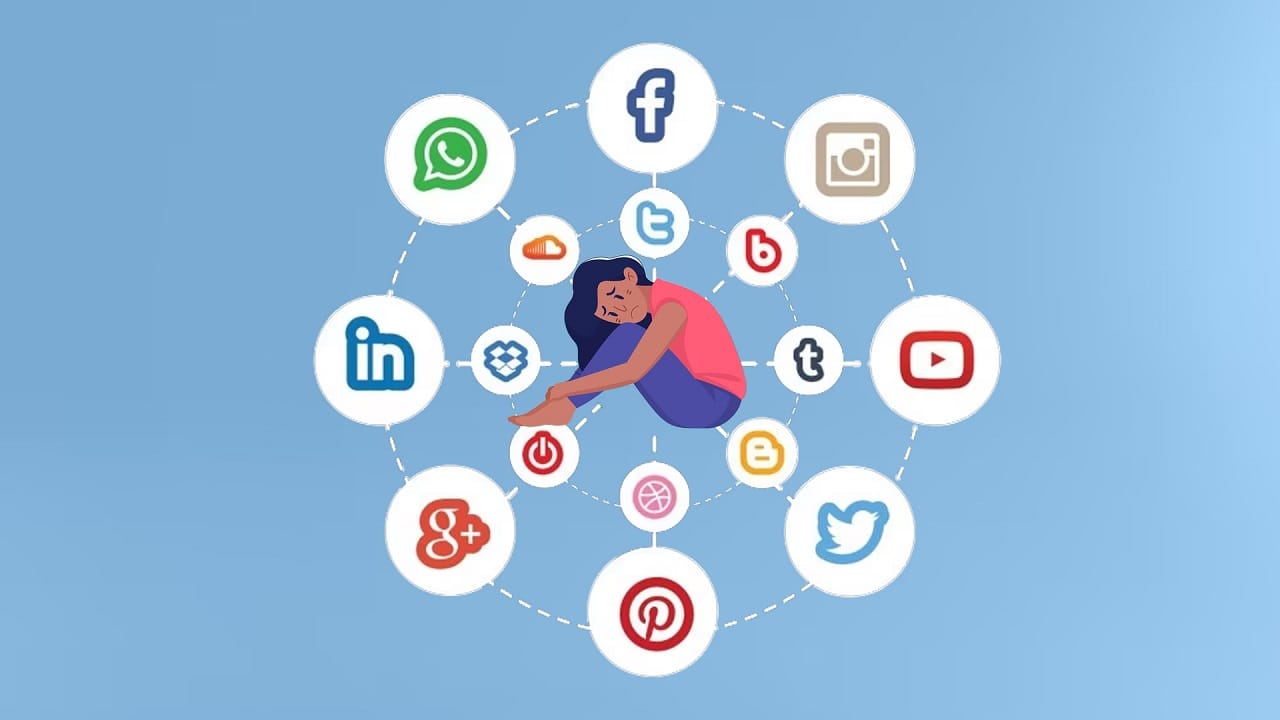Mental Health in the Digital Age: Coping Strategies for the Connected
In this article, we'll explore the challenges posed by digital technology and offer practical coping strategies for maintaining mental wellness in an increasingly connected world.

Introduction

In today's digital age, technology has become an integral part of our daily lives, offering convenience, connectivity, and access to information. However, the constant presence of digital devices and online interactions can also have a significant impact on our mental health. In this article, we'll explore the challenges posed by digital technology and offer practical coping strategies for maintaining mental wellness in an increasingly connected world.
The Impact of Digital Technology on Mental Health
The pervasive use of digital technology has been linked to various mental health issues, including anxiety, depression, and sleep disturbances. Excessive screen time, social media comparison, and information overload can contribute to feelings of stress, isolation, and low self-esteem. Additionally, the constant barrage of notifications and updates can disrupt our ability to focus, leading to increased feelings of overwhelm and burnout.
Coping Strategies for Digital Overload: Setting Boundaries and Mindful Consumption
One effective strategy for managing digital overload is to establish clear boundaries around our technology use. This may involve setting specific times for checking emails and social media, as well as creating designated tech-free zones in our homes. Practicing mindful consumption of digital content can also help us avoid falling into the trap of endless scrolling and comparison, allowing us to prioritize our mental well-being.
Harnessing Technology for Mental Wellness: Meditation Apps and Online Support Groups
While technology can contribute to mental health challenges, it can also be a valuable tool for promoting well-being. Meditation apps, such as Headspace and Calm, offer guided mindfulness exercises and relaxation techniques that can help reduce stress and anxiety. Online support groups and forums provide opportunities for connection and community, allowing individuals to share their experiences and seek support from others facing similar challenges.
Balancing Screen Time and Self-Care: Prioritizing Offline Activities
Finding a balance between screen time and offline activities is essential for maintaining mental wellness in the digital age. Spending time outdoors, engaging in hobbies, and connecting face-to-face with loved ones can help us recharge and rejuvenate. Setting aside dedicated time for self-care activities, such as exercise, journaling, and creative pursuits, can also contribute to our overall sense of well-being.
The Importance of Seeking Professional Help
While self-care strategies and digital detoxes can be beneficial, it's important to recognize when professional help may be needed. If feelings of anxiety, depression, or overwhelm persist despite our best efforts, seeking support from a mental health professional can provide valuable guidance and resources for managing our mental health. Therapy, counseling, and psychiatric care are all effective tools for addressing mental health challenges and building resilience in the face of digital stressors.
Conclusion
In conclusion, navigating mental health in the digital age requires awareness, intentionality, and self-care. By setting boundaries around our technology use, harnessing digital tools for mental wellness, and prioritizing offline activities, we can cultivate a healthy relationship with technology while safeguarding our mental well-being. Additionally, seeking professional help when needed ensures that we have the support and resources necessary to thrive in an increasingly connected world.